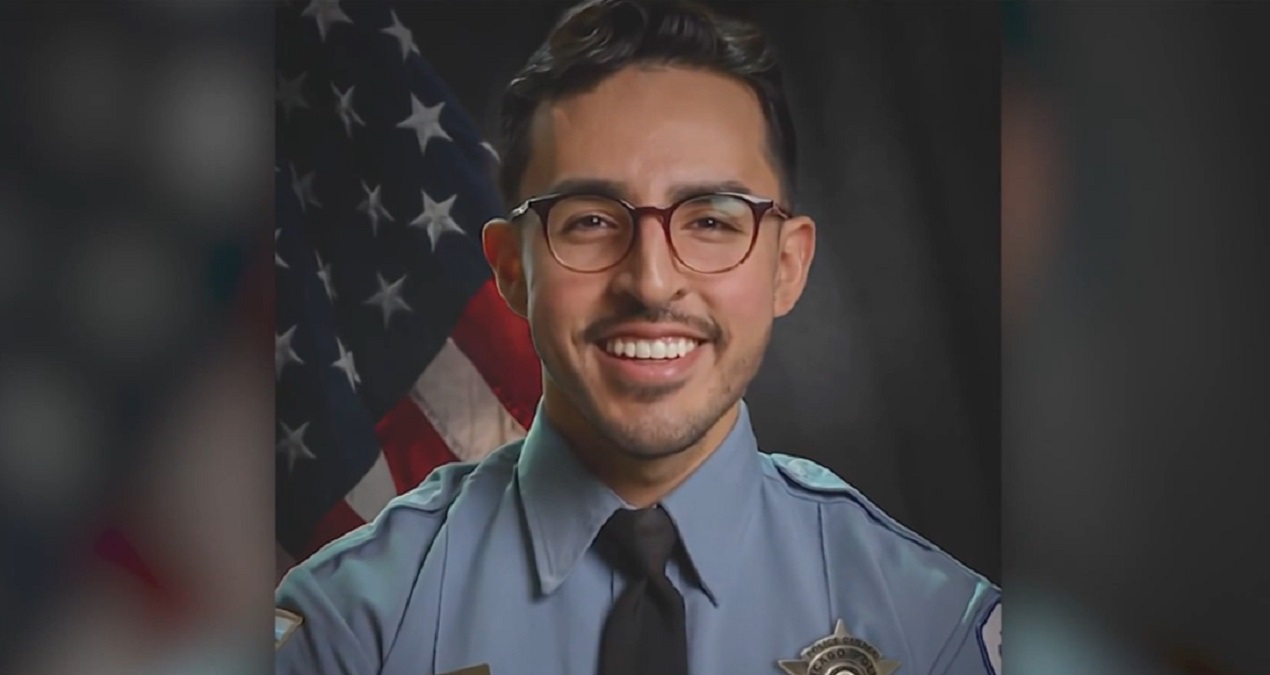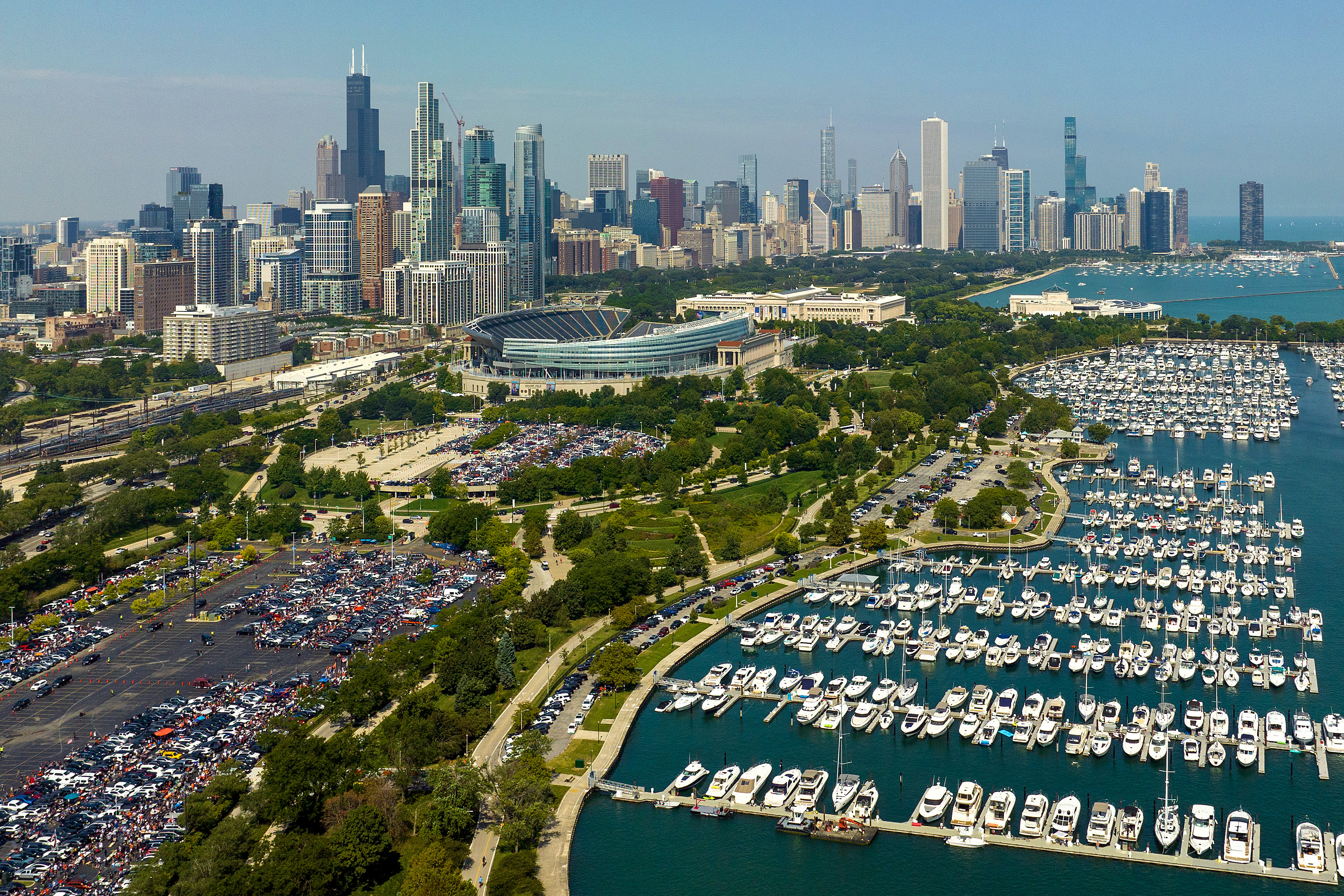The makers of a potential vaccine to prevent triple-negative breast cancer say initial data from a clinical trial shows encouraging results.
“The data looks incredibly promising,” said Dr. Amit Kumar, the chairman and CEO of Anixa Biosciences, a California-based company that is licensed to create the vaccine developed by the Cleveland Clinic.
Researchers released initial data from the first group of patients to take the vaccine and found that all of the women who are participating in Phase 1a, the clinical trial, had immune responses to the vaccine candidate.
“Some women had relatively strong immune responses, and some had modest immune responses," Kumar said. "At this stage, we don't know how strong an immune response is necessary to prevent cancer, but we feel that a very modest immune response could be all that is necessary."
Feeling out of the loop? We'll catch you up on the Chicago news you need to know. Sign up for the weekly Chicago Catch-Up newsletter here.
Jennifer Davis is one of the participants and the first woman in the country to get the vaccine.
“It showed that I had some type of immune response, so I consider it a success for all of us,” Davis said.
Davis, a mom of three from Lisbon, Ohio, has already beaten breast cancer once. She’s being treated at the Cleveland Clinic, where the first phase of the clinical trial is underway.
Local
“I didn't hesitate because with triple-negative, I can't take tamoxifen. I can't take… there's nothing. There's nothing that kind of puts your mind at ease that it won't recur,” Davis said.
“Triple-negative has a high recurrence rate. The prognosis is not so great with triple-negative, so I wanted it,” she added.
The vaccine candidate targets a specific protein created after a woman gives birth.
“There's a lactation protein called alpha-lactalbumin,” Kumar said. “Once a woman stops lactating, the protein completely disappears.”
Researchers, however, discovered that protein reappeared in 70% of cases of women with triple-negative breast cancer.
“If we could immunize women, or vaccinate women and enable the immune system to target that protein, then when those cancer cells arise, the immune system would destroy those cells, making it impossible for those cells to eventually become a large tumor or mass that you could see in a mammogram,” Kumar said.
A mom of three, Davis was eligible for the trial because she was beyond her breastfeeding years.
“We would immunize women after the age of 40, or at whatever age they've decided to no longer have children,” Kumar said.
The clinical trial is set to expand to the next phase in 2024, which will include more participants and more locations, including possibly Chicago.
“We anticipate that there will be several sites at most of the major cities, and Chicago is certainly on the list,” Kumar said.
Davis said she is hopeful one day her daughter will receive this vaccine.
“Can you imagine if there's no more triple-negative breast cancer? Yeah, it would just be amazing,” Davis said.



